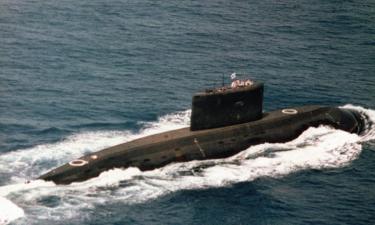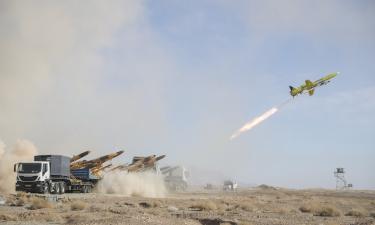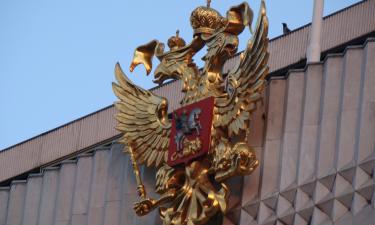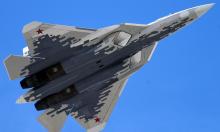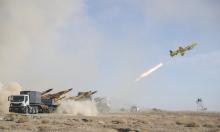Soyuz-U Carrier Rocket Blew Up at Plesetsk Cosmodrome
Investigators think that it was the fuel. Was it an act of terrorism?
The carrier rocket Soyuz-U blew up at the Plesetsk cosmodrome (in the Arkhangelsk region) on Tuesday, 29 seconds after launch. Twelve such rockets have been launched into space from Plesetsk since 1985. This was the 13th rocket. Thirteen is a “lucky” number.
A spokesperson for the Russian space company Rosaviakosmos told PRAVDA.Ru that the rocket allegedly blew up because of the winter ingredients that were added to the rocket fuel. The anonymous spokesperson added that there might be thousands of other versions of the explosion as well. For example, no one can exclude the possibility that it was an act of terrorism. Time will tell. At any rate, the special state committee is drawn to believe that the accident happened because of a fuel blast. This version will most likely become the major one for the investigation.
The fuel for Soyuz rockets is blended of a highly active oxidizing agent (98.8% oxygen) and “space” highly purified kerosene. The proportion of the fuel blend is calculated regardless of the exterior temperature. That is why the catalytic compensation of ingredients might be added to the blend in winter. It was cold that night in Plesetsk.
The rocket blast killed 20-year-old soldier Ivan Marchenko, who originally came from the city of Kursk. A spokesman for the EMERCOM department in the Arkhangelsk region, Oleg Bystrov, told the ITAR-TASS news agency that there were eight other soldiers wounded due to the blast. Four of them have been hospitalized. They were all about one kilometer from the explosion site. The rocket’s fragments fell down on the woods surrounding the same area.
The Soyuz rocket was designed by the Progress company (the city of Samara) on the order of Rosaviakosmos and the European Space Agency. The rocket was meant to launch the international research spacecraft Foton-M into orbit. This spacecraft was meant to explore space biology. Foton-M project involves ten other European countries beside Russia. All of these countries are members of the European Space Agency.
For the time being, there is a general scheme used for the investigation of the explosion. They are seeking the guilty, then they will punish the guilty, they will encourage the ones that had nothing to do with the blast. The Nomka new agency from the Far East of Russia reported yesterday that military prosecutor Grigory Lazarenko had already instituted criminal proceedings due to the rocket explosion. The proceedings were instituted based on Article 293 of the Russian Criminal Code: negligence.
Vitaly Bratkov PRAVDA.Ru
Translated by Dmitry Sudakov
Subscribe to Pravda.Ru Telegram channel, Facebook, RSS!
